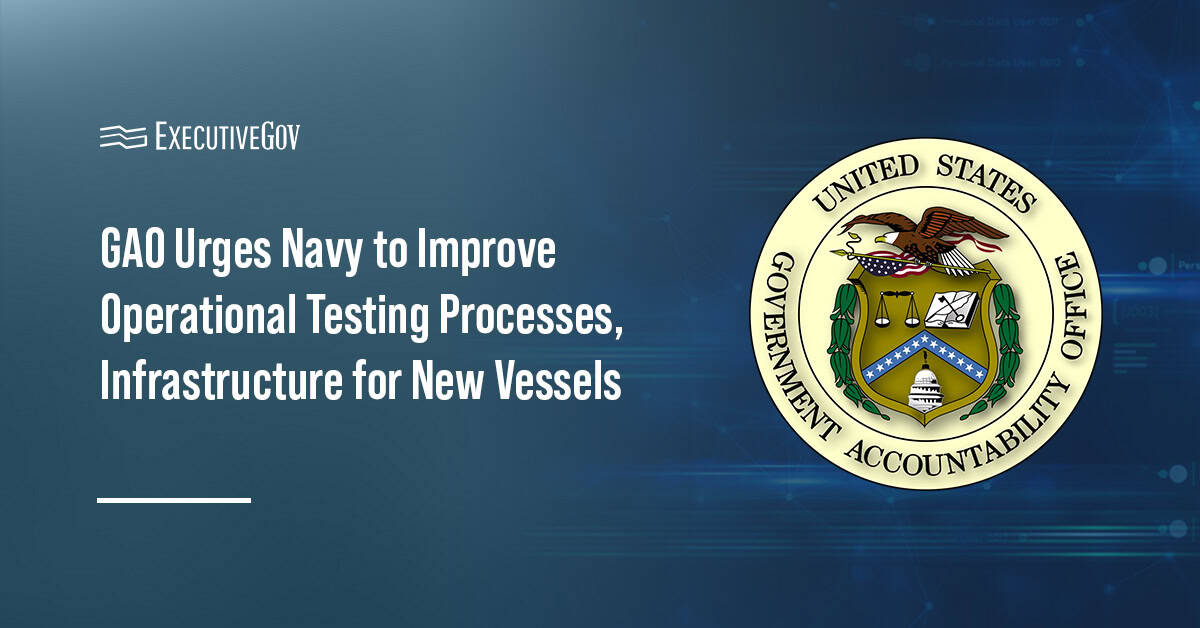
John Barsa, assistant administrator of the U.S. Agency for International Development’s Bureau for Latin America and the Caribbean, has been assigned to lead USAID as a whole on an acting basis, succeeding Mark Green.
He brings experience in the government, having held roles with the Department of Homeland Security, NASA and the U.S. Army Reserves, the White House said Tuesday.
Barsa's roles with DHS and NASA involved work on partnerships and external engagement. He also served as senior director of business development during his time with General Dynamics Information Technology.
The newly appointed USAID leader replaces Mark Green who will resign this month. Bonnie Glick, USAID's deputy administrator, was initially reported to succeed Green.





